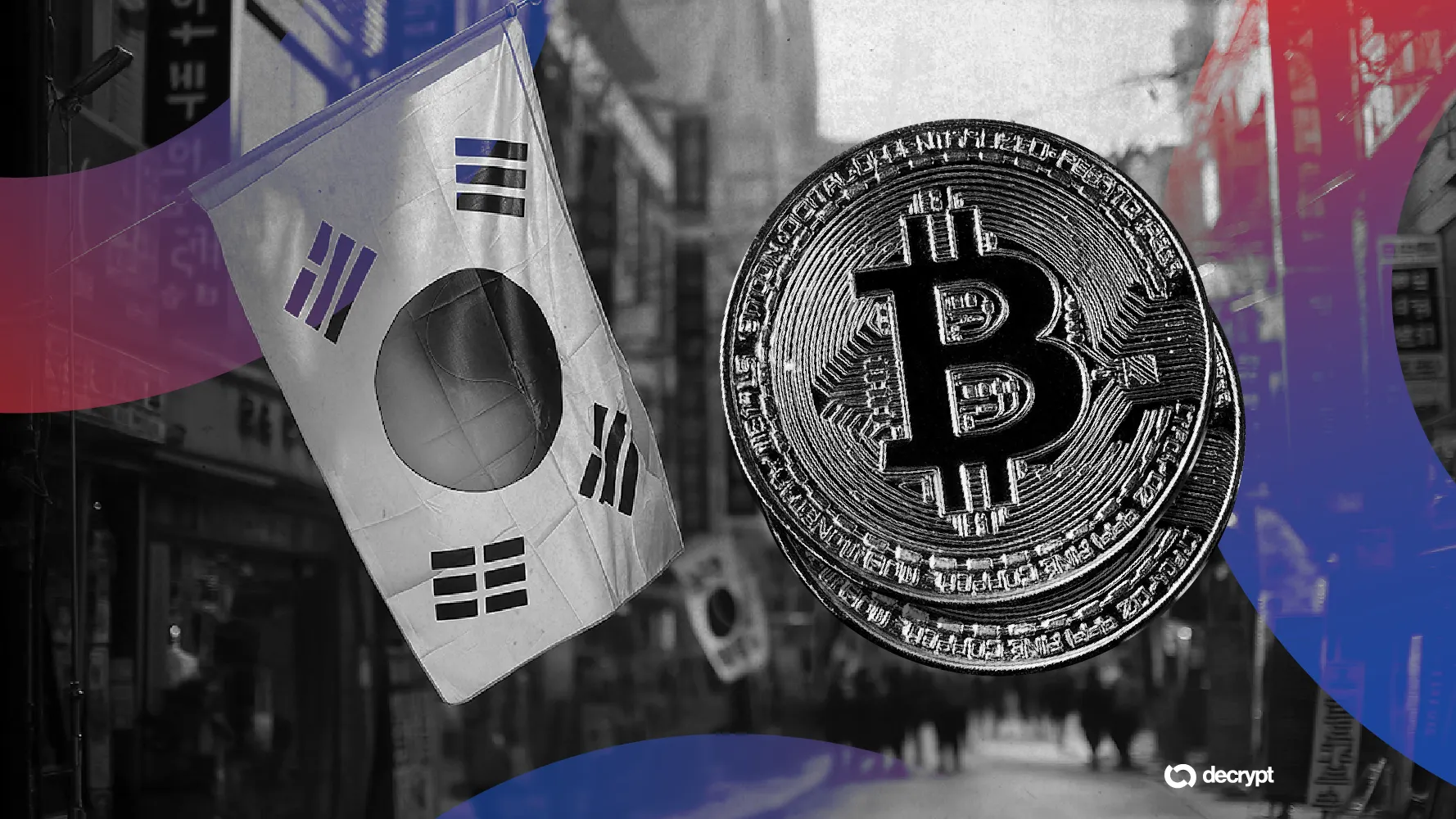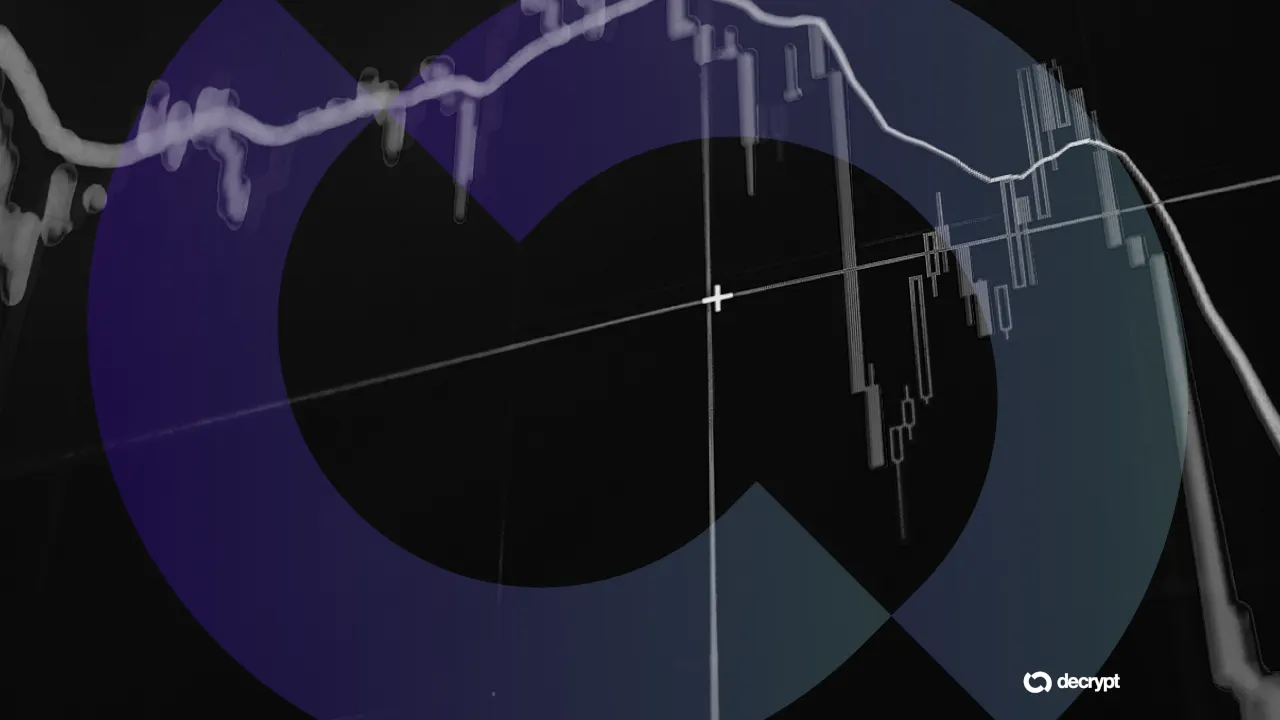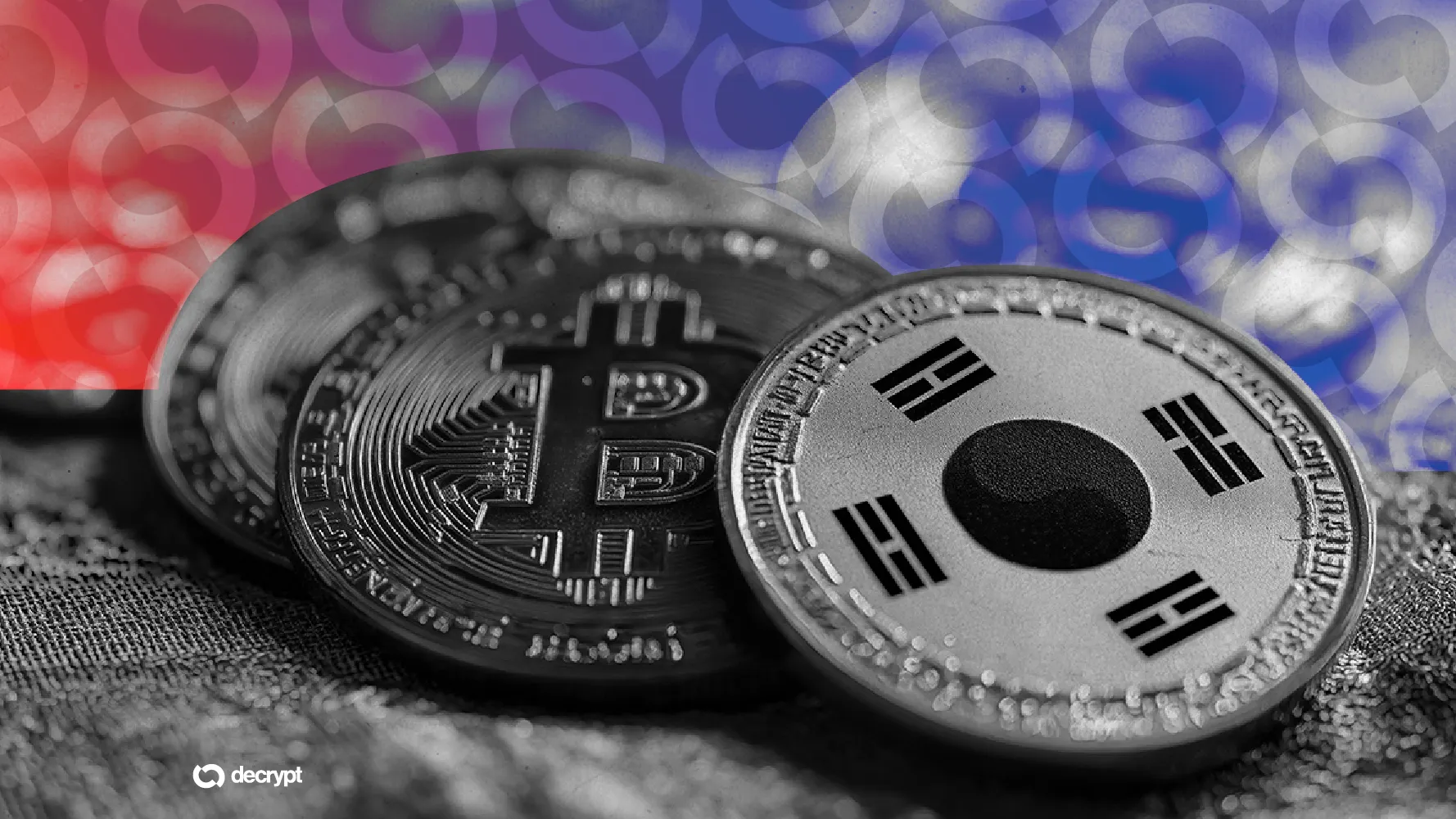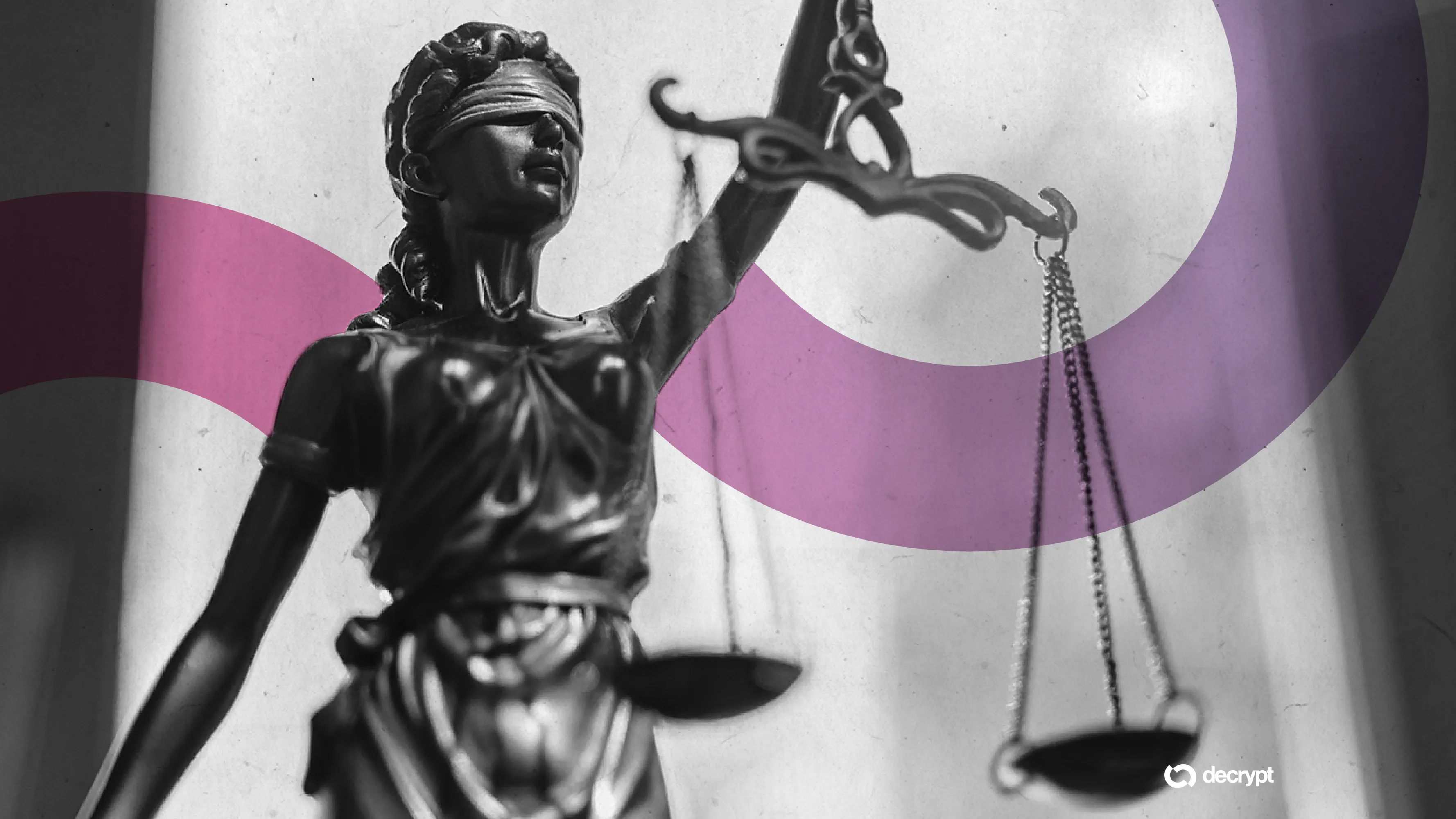In brief
- The Bank of Korea's governor will meet commercial bank heads on June 23 in Seoul.
- Stablecoin issuance is expected to be a key topic amid growing political momentum.
- South Korea's new president, Lee Jae-myung, favors won-based stablecoins to curb capital flight.
Bank of Korea Governor Rhee Chang-yong is set to meet with the heads of the country’s major commercial banks this month, with the meeting expected to address growing political pressure to allow issuance of won-based stablecoins.
The gathering, scheduled to take place at the Bank of Korea headquarters in Seoul on June 23, comes amid heightened debate over how South Korea should regulate digital assets.
Stablecoins are likely to dominate the agenda following a renewed push in the political arena.
"The Bank of Korea seemingly wants to be one of the key controlling authorities. However, it has progressed with CBDC tests," Sangmin Seo, Chairman of the Kaia DLT Foundation, told Decrypt. "Their CBDC project remains in the initial test phase without any confirmed use cases."
Last week, Democratic Party lawmaker Min Byung-deok proposed the "Basic Digital Asset Act," which includes provisions to allow stablecoins pegged to the Korean won and reduce capital requirements for issuers, opening the door to fintech firms.

South Korea Stablecoin Bill to Allow Companies to Issue the Tokens: Report
South Korea's newly elected president pushed ahead with a crypto-friendly agenda on Tuesday, announcing new stablecoin legislation, according to reports. As first reported by Bloomberg, Lee Jae-myung, proposed the Digital Asset Basic Act—a law which, if approved, will allow companies to issue stablecoins if they have 500 million won ($366,749) in equity capital. Stablecoins are digital tokens pegged to the value on a non-volatile asset—typically the U.S. dollar. Such cryptocurrencies run on a...
The political shift comes after South Korea elected Lee Jae-myung as president in a snap election on June 3, triggered by the impeachment of his predecessor.
Lee, a long-time crypto advocate, has pledged to legalize spot Bitcoin ETFs and introduce a regulated stablecoin market to prevent capital outflows.
South Korean crypto exchanges transferred $40.6 billion worth of digital assets abroad in Q1 2025, with approximately half of that amount in stablecoins such as USDT and USDC, prompting concerns over capital flight and monetary sovereignty.
While Lee's administration favors the use of stablecoins, the central bank has expressed caution, particularly regarding non-bank issuers, as interest in central bank digital currencies has waned.

Bank of Korea Exploring Using 'Stablecoins Issued by the Private Sector'
The Bank of Korea is considering linking its deposit tokens to a public blockchain, a move that would position its state-backed digital currency alongside private-sector stablecoins operating on open networks. The tokens will be “a type of stablecoin issued within the digital currency system built and operated by the Bank of Korea,” the bank’s Deputy Governor Lee Jong-ryeol said in a statement Decrypt has confirmed with local sources. "We are considering a direction in which it will coexist with...
The Bank of Korea argues that such models could undermine monetary policy and spark financial instability during crises.
Deputy Governor Lee Jong-ryeol recently confirmed the bank is exploring blockchain-linked deposit tokens as a more limited alternative.
He also voiced alarm over the proliferation of foreign stablecoins, calling them "the most concerning part" of Korea's digital asset landscape.
Edited by Sebastian Sinclair
Editor's note: Adds additional comment from Sangmin Seo




